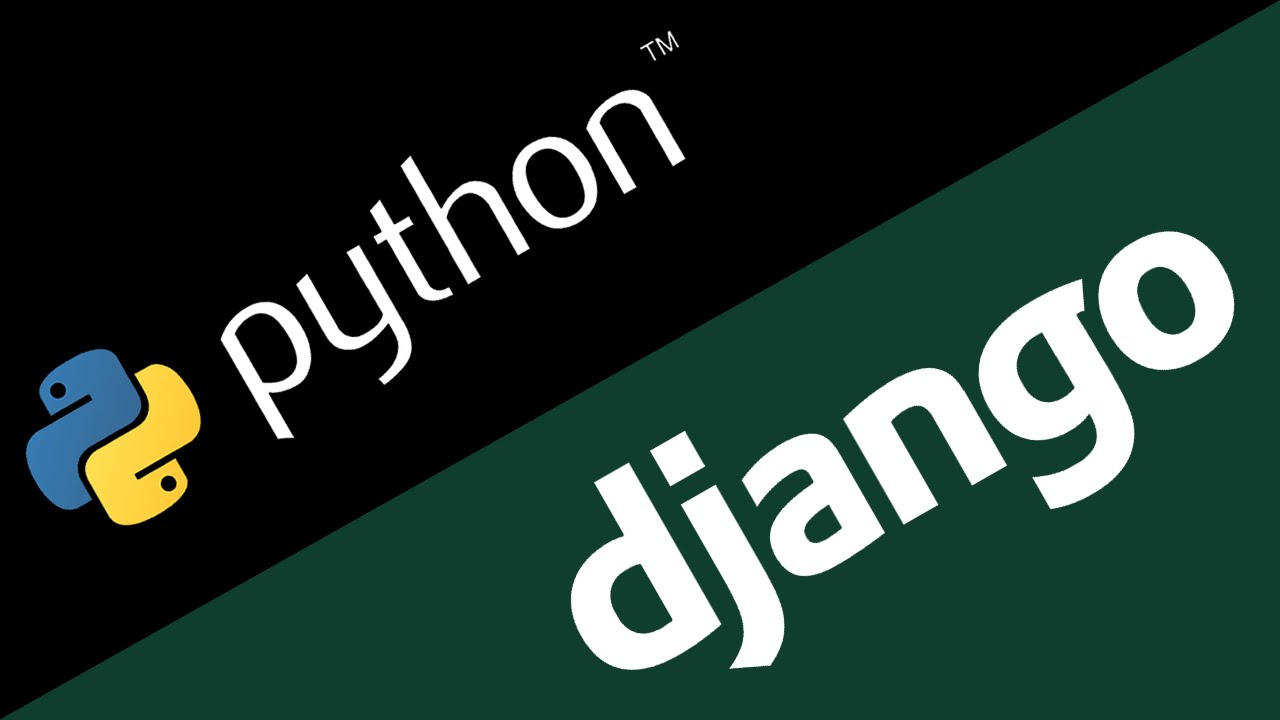When is Django the perfect framework for your project (and when should you look elsewhere)

There are no universal ideal solutions. This tool is best suited for some tasks, and for others, that one is perfect. The Django framework allows you to use it for various purposes, but let’s look at when it is irreplaceable and when it makes sense to think about another solution.
Is Django really universal?
Suppose you keep in mind that this Python framework is a multi-platform solution and allows you to create anything – build website with django , machine learning programs, computing systems, applications for any operating system, etc. In that case, the answer is definitely yes. If you are interested in whether this means that Django is equally suitable for absolutely any task, the response will not be so unambiguous.
Often the decision to use a particular tool in a new project is made because the developer has already used this solution, is familiar with its application’s nuances, etc. So, since it has performed well, there seems to be nothing objectionable in turning to it again.
However, no matter how much we would like to please a good specialist when making a balanced decision regarding the choice of development tools, it is essential to answer the question of what solution for the set of tasks will be optimal. What are the top criteria for you? Among them may be, for example:
- scalability;
- high security “out of the box”;
- speed;
- multitask;
- cross- or multi-platform;
- architecture flexibility, modularity;
- convenient administration;
- Google-friendliness;
- regularity of updates;
- availability of technical support, etc.
In principle, Django meets all of the above criteria, but their ratio manifests itself differently in different situations. Therefore, let’s first find out in which cases the use of this framework will give the best results.
- Customer Relationship Management (CRM systems);
- Content management systems (CMS);
- Chats, bots, social networks;
- Room booking service;
- Document management platforms, especially in large enterprises;
- Machine learning;
- Working with Big Data;
- Complex scientific calculations.
Many IT professionals appreciate Django because it comes with a wide variety of tools by default: Django ORM, authentication tools (including third-party modules, such as LDAP, OpenID etc.), HTTP libraries, lots of templates, security instruments, middleware, and more.
However, some consider such a complete set, rather, a disadvantage, believing that this solidity limits the imagination of developers.
Most likely, the truth, as always, lies in the middle, and the final choice is a consequence of subjective preferences.
Do a self-test
Try answering this short questionnaire to understand how proper Django is for your particular case. Suppose you are ready to give affirmative answers in most positions, and at the same time, none of the above these causes you categorical objections. Most likely, in that case, it really makes sense for you to turn to this particular framework:
- You are working on creating a web application or developing an API backend.
- The speed of work and the efficiency of adjustments in the development process are at the top of your list of priorities;
- It is significant for an application to have protection against the most common vulnerabilities and attacks, in particular: CSRF, SQL injection, XSS, clickjacking, etc.;
- At any time in an application, scaling may require either upscaling or downsizing;
- In the future, you plan to integrate the latest technologies, such as machine learning;
- You need to use a robust framework that is actively developed and used by many top companies and leading websites worldwide.
- Both the web application and the API backend are required to be in the same code base, consistent with the “single source of truth” (DRY principle);
- ORM support is relevant for you, when accessing the database;
- In the future, it is planned to use free software;
- Suppose you encounter difficulties in the development or administration of the project. In that case, you will have to find a solution individually, so that you will need good documentation and a responsive developer community.
In which cases, instead of Django, you should look for another solution
The recommendations below (as, indeed, everything said in this article) are not dogma. However, the experience of many developers indicates that Django will not be an ideal solution for the following cases:
- You need to create a very large-scale application, the individual blocks of which are separate micro-processes;
- Your application, right opposite, is very simple and is not planned to grow up and add unique features in the future;
- The project does not provide access to databases;
- Full Web Socket support is relevant to you;
- You envision a radical change to existing Django modules, such as CRM;
- For some reason, you are unsatisfied with the Django admin panel and want to replace it with a third-party development.
It is important to emphasize that almost none of the listed shortcomings is absolute, and in most cases, the problem can be solved by using additional software solutions. However, do not forget that Python, and therefore Django, are designed to work with large amounts of data, so its power will be redundant for small projects, and most of the functions will be unused. Considering that products written in Python are not miniature, it is worth thinking about the ratio of the weight of the application and its functionality.
If you prefer Python programming but would like to try other frameworks, you might be interested in Tornado, Flask, or Pyramid. If you decide to go beyond one language, then you should pay attention to PHP frameworks. In particular, Cake PHP, Symphony, or Laravel might be attractive alternatives. For example, Laravel, like Django, is initially focused on a high level of security, supports many encryption tools, and can work with databases of various formats.
Summing up
It is not a random coincidence that Python is one of the most popular and in-demand programming languages, and Django is, perhaps, the most popular Python framework. The relative ease of learning, almost unlimited possibilities, power, richness of out-of-the-box configuration, SEO-friendliness, and a substantial professional community make Django a favorite tool for hundreds of thousands of developers worldwide.
However, when deciding on the choice of a tool for your new project, you should focus not only on the popularity of this framework but also on some nuances, the part of which are listed in the article.






